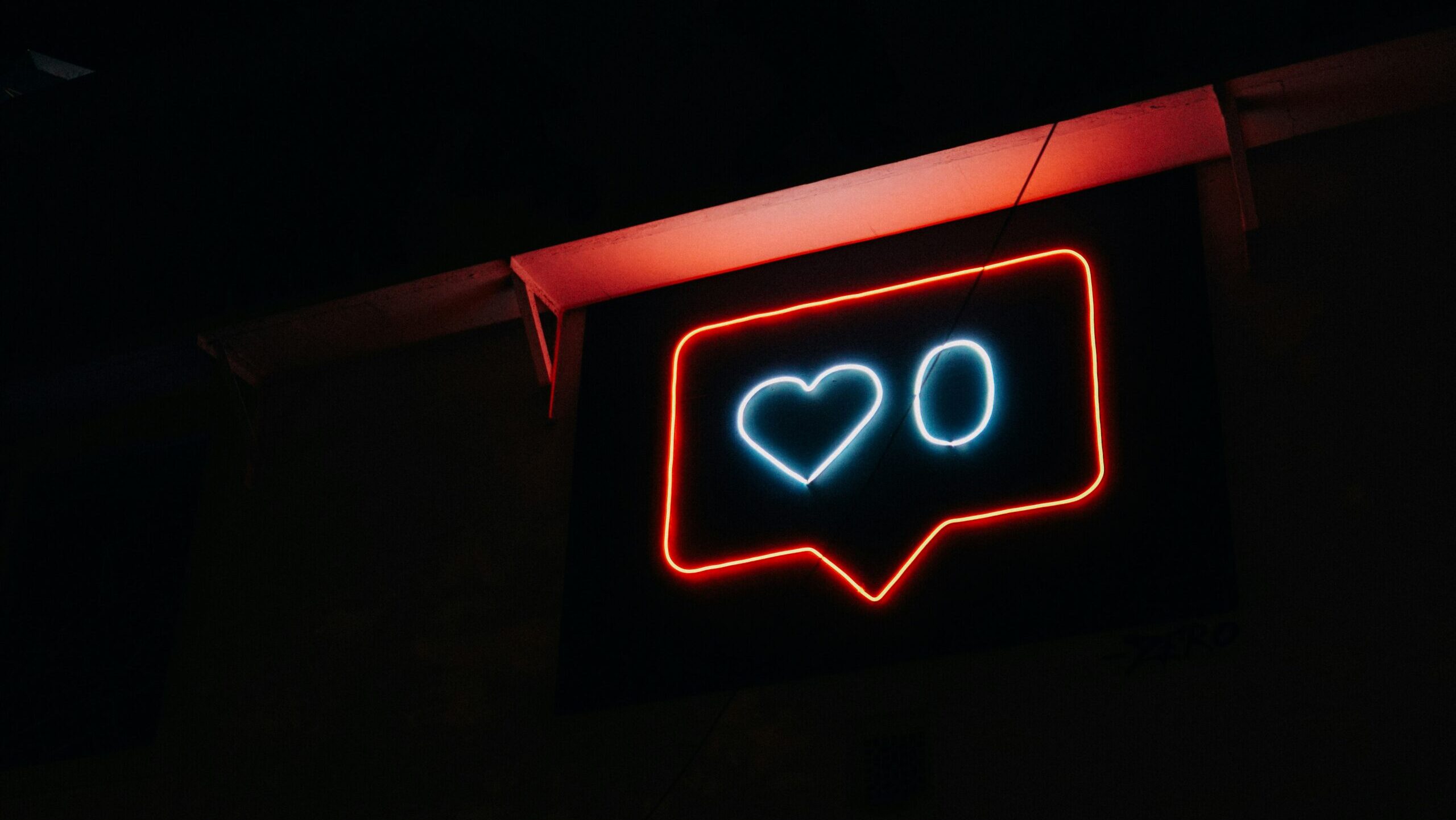We’re always talking to our clients about search engine optimisation (SEO) and how it is the backbone of online visibility. But for our healthcare and wellness clients, there’s a deeper layer of responsibility when it comes to creating content that ranks well – and that is earning trust. This is where EEAT (Experience, Expertise, Authoritativeness, and Trustworthiness) becomes important.
If you are a health or wellness brand, understanding EEAT principles is non-negotiable.
What Is EEAT and Why Does It Matter?
Introduced by Google through its Search Quality Evaluator Guidelines, EEAT is a framework used to assess the quality of content. It’s especially used to evaluate websites classified as Your Money or Your Life (YMYL) i.e anything that can significantly impact a person’s health, finances or safety. So, for our Healthcare clients, poor quality content isn’t just a minor SEO issue. If your content isn’t robust in what it is telling the user, it could lead to real world consequence. Therefore, Google takes a lot more care in evaluating the content on your website when compared to other websites.
When Google evaluates content it asks:
- Experience: Has the content creator personally experienced or used what they’re discussing?
- Expertise: Does the author have the right credentials or knowledge?
- Authoritativeness: Are they recognised as a reliable source in the field?
- Trustworthiness: Can users trust the content and the website it lives on?
If these EEAT signals aren’t strong, even a perfectly optimised website will struggle to rank, especially in sensitive niches such as healthcare and wellness.
Why Healthcare and Wellness Brands Must Be Extra Cautious
While lifestyle brands may not have to think so hard about the content they put on their websites, healthcare and wellness companies operate under a magnifying glass.
Here’s why EEAT is so essential in this sector:
- Consumer trust: Patients are often vulnerable and will only choose providers they fully trust.
- Algorithm updates: Google continues to fine-tune its algorithms to penalise low-EEAT health content.
- Competitive differentiation: Strong EEAT can set you apart in a crowded, credibility-driven marketplace.
The Rise of AI Content — Proceed with Caution
With AI-generated content becoming more mainstream in 2025, those in charge of content creation for websites can be tempted to lean heavily on these tools
As discussed in my previous blog, AI tools should always be used carefully. And for healthcare and wellness brands, using AI tools without putting your own effort into the content can really backfire.
Not only can AI tools “hallucinate” facts, leading to misleading or completely wrong information, but it also lacks lived experience or firsthand knowledge. Google’s algorithms are smart, and they can spot shallow or regurgitated content.
Whilst using AI tools isn’t exactly banned by Google, it should only be used with caution. If you are unable to have content authored by credential experts, it should be reviewed and edited by one to ensure that everything in it is factual. Add authentic experience and case studies to show real world application and focus on editing it to have a human voice and authenticity.
How to Build EEAT Into Your Healthcare and Wellness Marketing
- Show your credentials – make sure you mention and list any experience and accreditation clearly on your website and within your content.
- Feature expert authors – use author bios for content to ensure that Google can see that your content has been written by experts.
- Get third-party recognition – be mentioned on other authoritative websites, especially ones within your field, with links back to your websites.
- Enhance site security – boost trust with secure websites, clear privacy policies and contact information.
- Prioritise quality over quantity – one well researched and well executed article will outperform multiple churned out AI blogs.
SEO Without EEAT Is a Losing Game for Healthcare
Content quality isn’t just about rankings – it’s about responsibility. Using AI for content generation can be a useful tool, but only when integrated thoughtfully into a broader, human-led strategy. Authenticity, expertise and trust are the currencies of success in 2025 and beyond.
We specialise in creating SEO strategies that help healthcare and wellness brands build authority and drive traffic.
Want to build a future-proof healthcare marketing strategy? Let’s talk.


